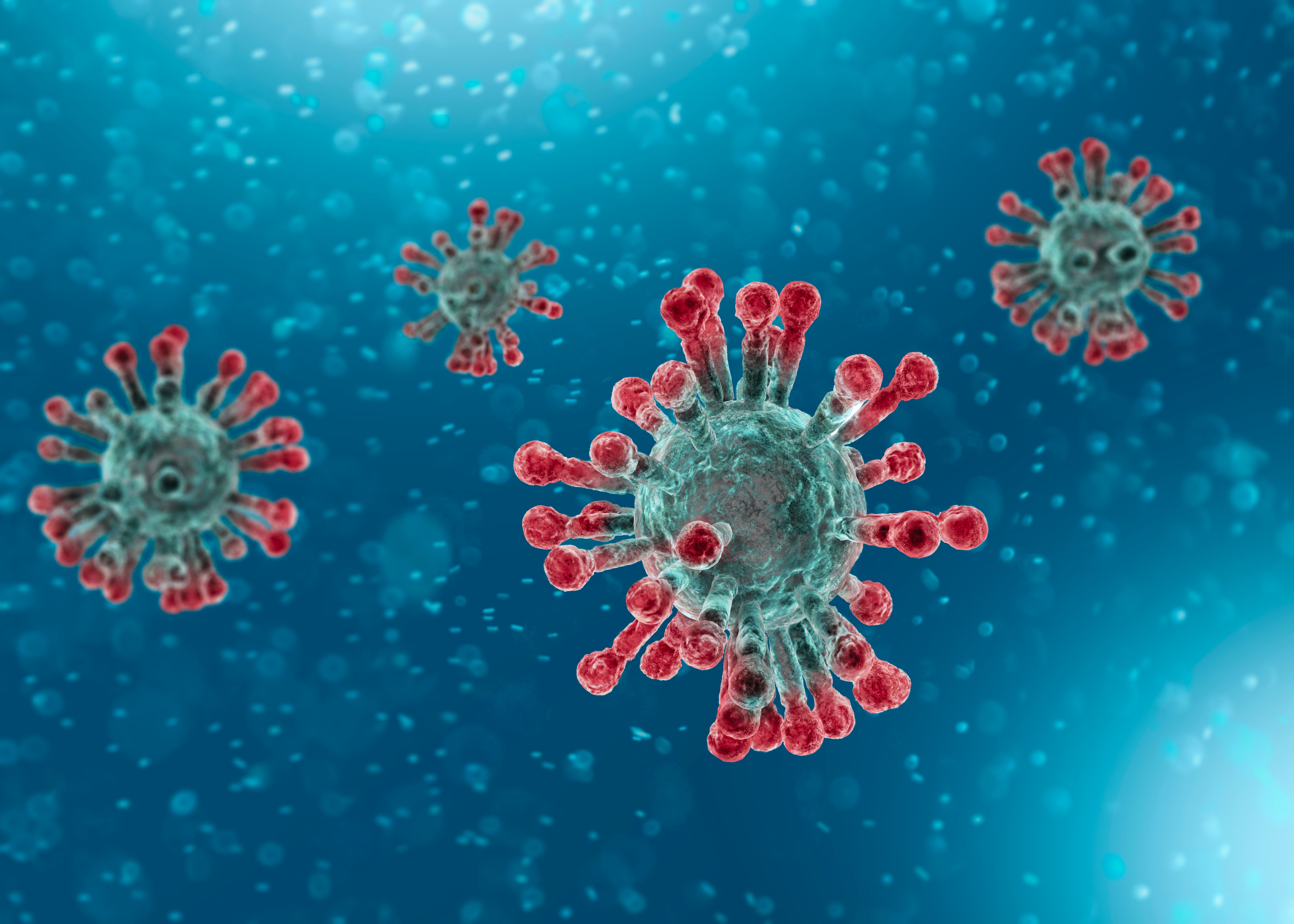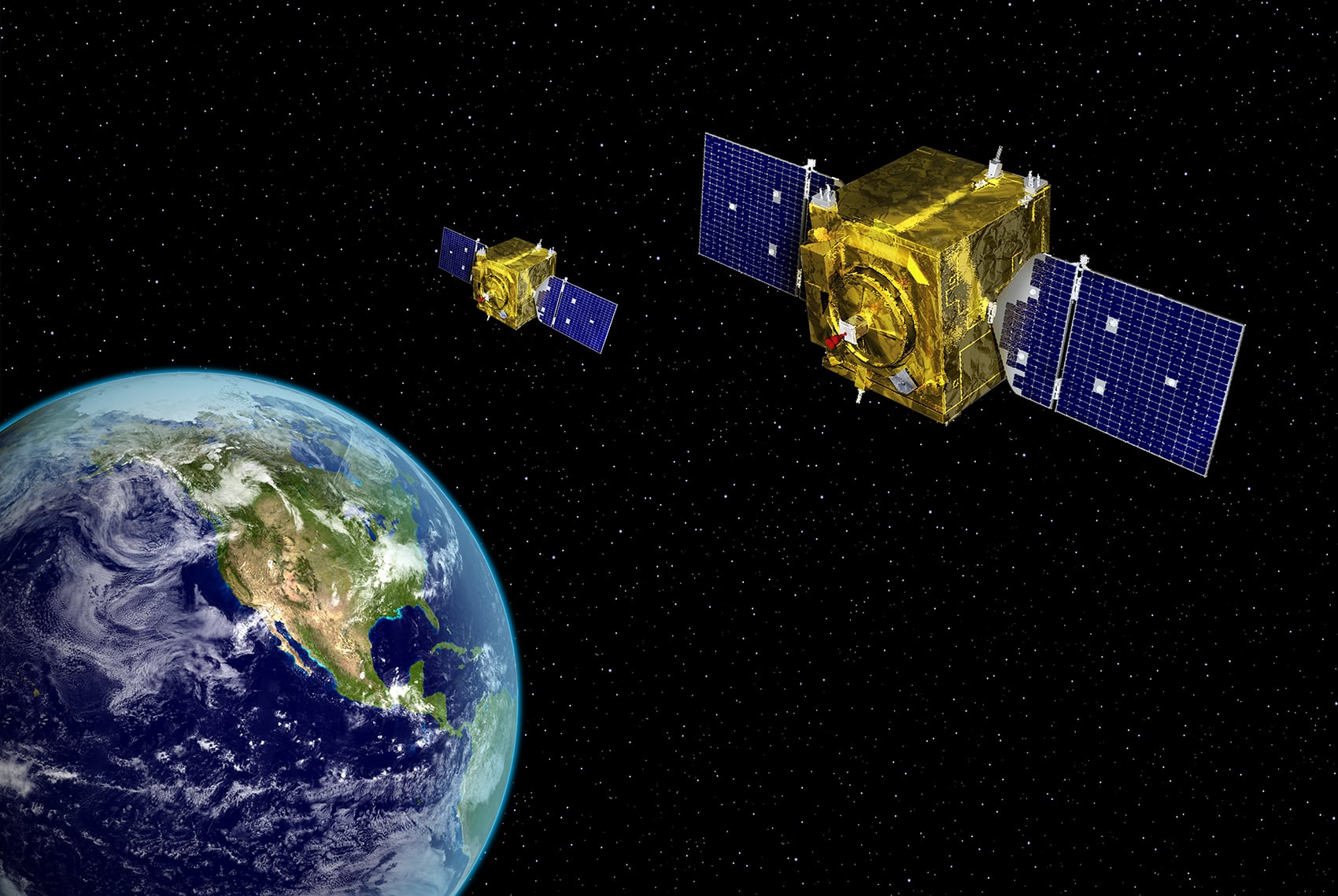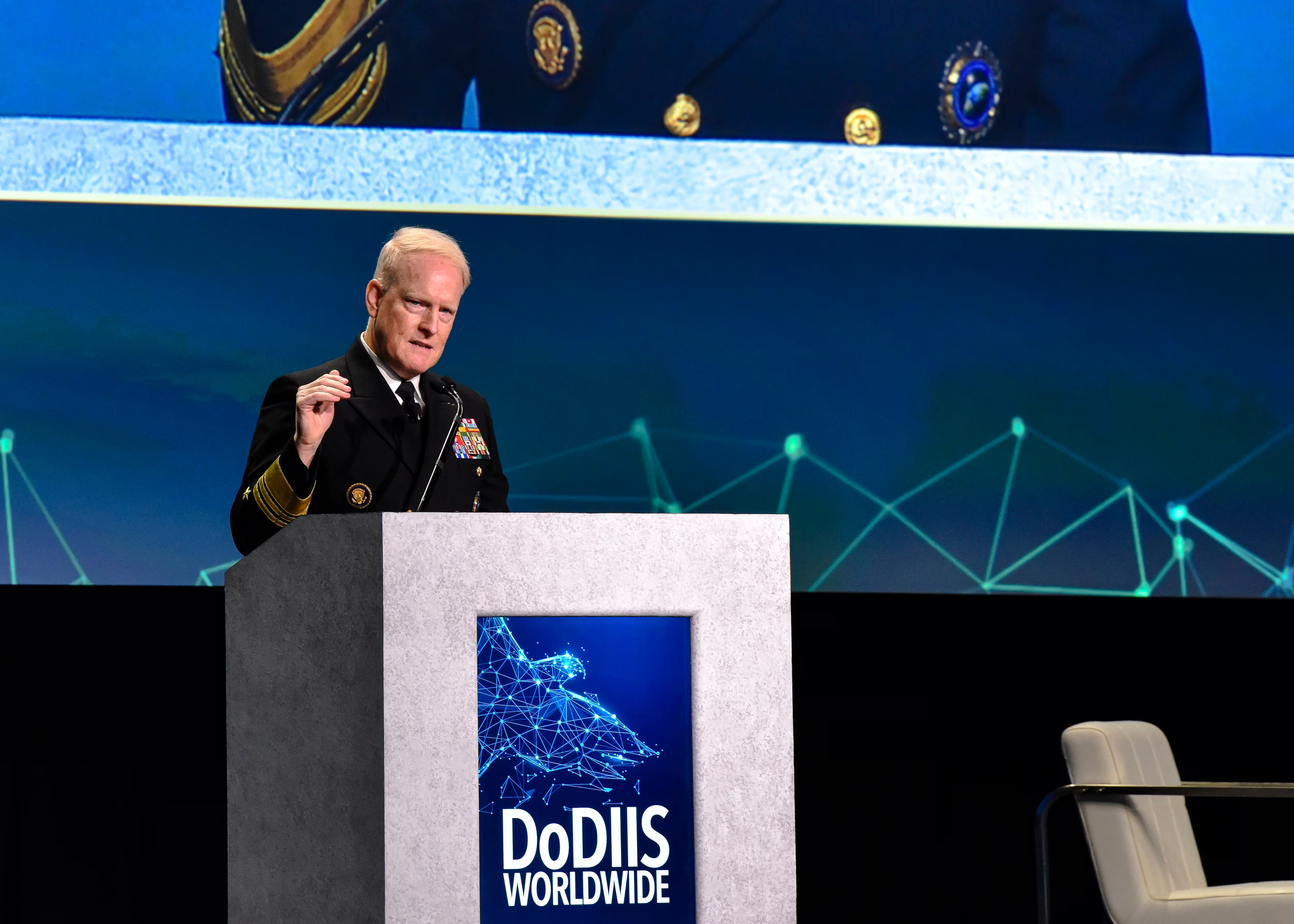The director of the Department of Homeland Security’s Cybersecurity and Infrastructure Security Agency likes to joke that the agency is into security so much that it’s in the name twice.
And while the coverage of CISA largely centers around its cybersecurity efforts, and as the nation’s “risk adviser” for critical infrastructure, it has a role in protecting that sector’s operations in case of an outbreak in coronavirus cases in that sector.
Testifying to the House Committee on Homeland Security’s Subcommittee on Cybersecurity, Infrastructure Protection and Innovation, CISA director Chris Krebs told lawmakers March 11 that CISA set up an “enhanced coordination cell” to lead COVID-19 response. That cell has several efforts underway:
- Physical protective measures and recommendations: Krebs said that the agency is taking recommendations from the Centers for Disease Control and adding sector-specific guidance, for both places like hotels and stadiums, as well industrial environments like pipelines, on top of that. Last week, CISA issued a “CISA Insights” document
- Cybersecurity: With organizations moving to more telework as the virus spreads, the cybersecurity threat surface expands. Krebs said his agency’s told businesses to ensure that their virtual private networks (VPNs) are patched. He also said CISA is monitoring different coronavirus-related spearphishing campaigns.
- Continuity of the economy: The coronavirus team at CISA is also working on how to mitigate disruptions to several business functions that could negatively impact the economy: disruptions to commodities, workforce, increased demand for products, like masks, and decreased demand for services like transportation.
- Disinformation: Krebs said his agency is working with the intelligence community to combat disinformation campaigns related to the coronavirus. That effort is important this year given that this year is an election year. Krebs told the committee that the agency held a conference call with 600 state election officials to discuss how to combat coronavirus-related disinformation campaigns.
President Donald Trump announced March 11 that he was restricting travel from most European countries to the United States. As of Wednesday, there were about 1,200 confirmed cases of coronavirus in the United States.
Andrew Eversden covers all things defense technology for C4ISRNET. He previously reported on federal IT and cybersecurity for Federal Times and Fifth Domain, and worked as a congressional reporting fellow for the Texas Tribune. He was also a Washington intern for the Durango Herald. Andrew is a graduate of American University.








